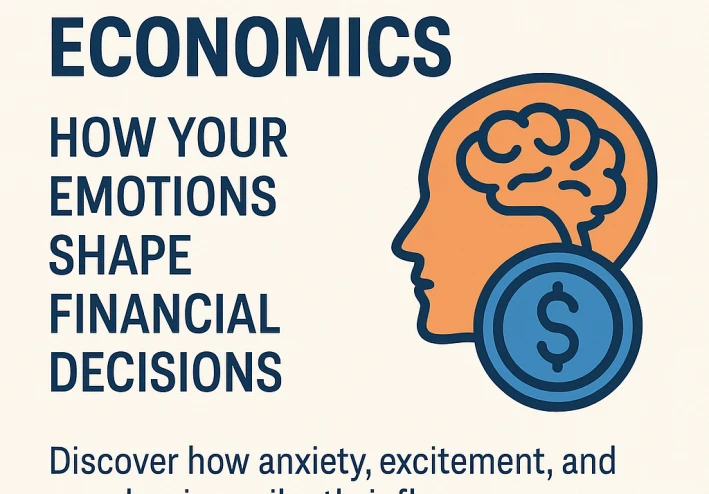
Psychological Economics: How Your Emotions Shape Financial Decisions
Psychological Economics: How Emotions Shape Your Financial Decisions
In the world of finance, figures and formulas often take center stage. Yet beneath every budget, investment plan, and savings strategy lies an equally powerful influence: your emotions. Psychological economics explores how feelings such as anxiety, excitement, fear, and boredom subtly—and sometimes dramatically—impact the way we handle money. By recognizing these emotional drivers, you can make more informed, balanced financial choices.
What Is Psychological Economics?
Psychological economics merges insights from behavioral finance and emotional psychology. Traditional economic theory assumes that individuals act purely rationally, weighing risks and rewards in a vacuum. In contrast, psychological economics acknowledges that we are emotional beings whose past experiences and subconscious biases frequently alter our financial judgments.
For instance, someone might avoid investing not because of objective risk but because they associate markets with past losses. Alternatively, a burst of excitement might prompt you to splurge on an unnecessary purchase as a self-reward. Recognizing these patterns is the first step toward controlling them.
Real-World Examples
Retail Therapy
Emotional lows—loneliness, stress, or sadness—often trigger impulsive shopping sprees. While the initial high feels comforting, regret and financial strain can follow.
Panic Selling
During market downturns, fear can drive investors to sell assets at a loss, missing out on eventual recoveries and long-term growth.
Overconfidence Bias
A series of small wins may lead to an inflated sense of invincibility. Believing you’re on a perpetual winning streak can prompt high-risk bets that jeopardize your portfolio.
Emotional Triggers Affecting Financial Behavior
Anxiety
Encourages cash hoarding and avoidance of otherwise sound investment opportunities. The fear of loss overshadows potential gains.
Excitement
Spurs impulsive purchases or aggressive investment moves. The dopamine rush from a new acquisition can cloud prudent judgment.
Depression
Often results in financial neglect—overlooked bills, stalled budgeting, and deteriorating money management.
Stress
Leads to short-term fixes at the expense of long-term stability. High-pressure situations can push you toward quick emotional relief purchases.
Strategies to Manage Emotion-Driven Spending
Pause and Reflect
Before committing to a purchase or investment, take a moment to ask whether your decision is being driven by emotion. A brief pause can curb impulsivity.
Track Your Mood
Keep a journal or use a dedicated app to log your emotional state alongside spending. Over time, you’ll identify recurring triggers and patterns.
Set Clear Financial Rules
Establish boundaries such as “no discretionary spending during emotional highs or lows.” These guardrails help you stay aligned with your long-term goals.
Consult a Trusted Advisor
Discuss major financial moves with a friend, mentor, or professional. An objective perspective can counterbalance emotional bias.
Practice Mindful Spending
Ask yourself, “Do I really need this, or am I seeking emotional relief?” This simple question can redirect you toward more thoughtful choices.
Conclusion
Your financial decisions are never made in an emotional vacuum. From the choices you make at the checkout counter to the timing of your investments, emotions play an indispensable role. By understanding and managing these psychological influences, you’ll not only protect your finances but also cultivate a healthier relationship with money.




























